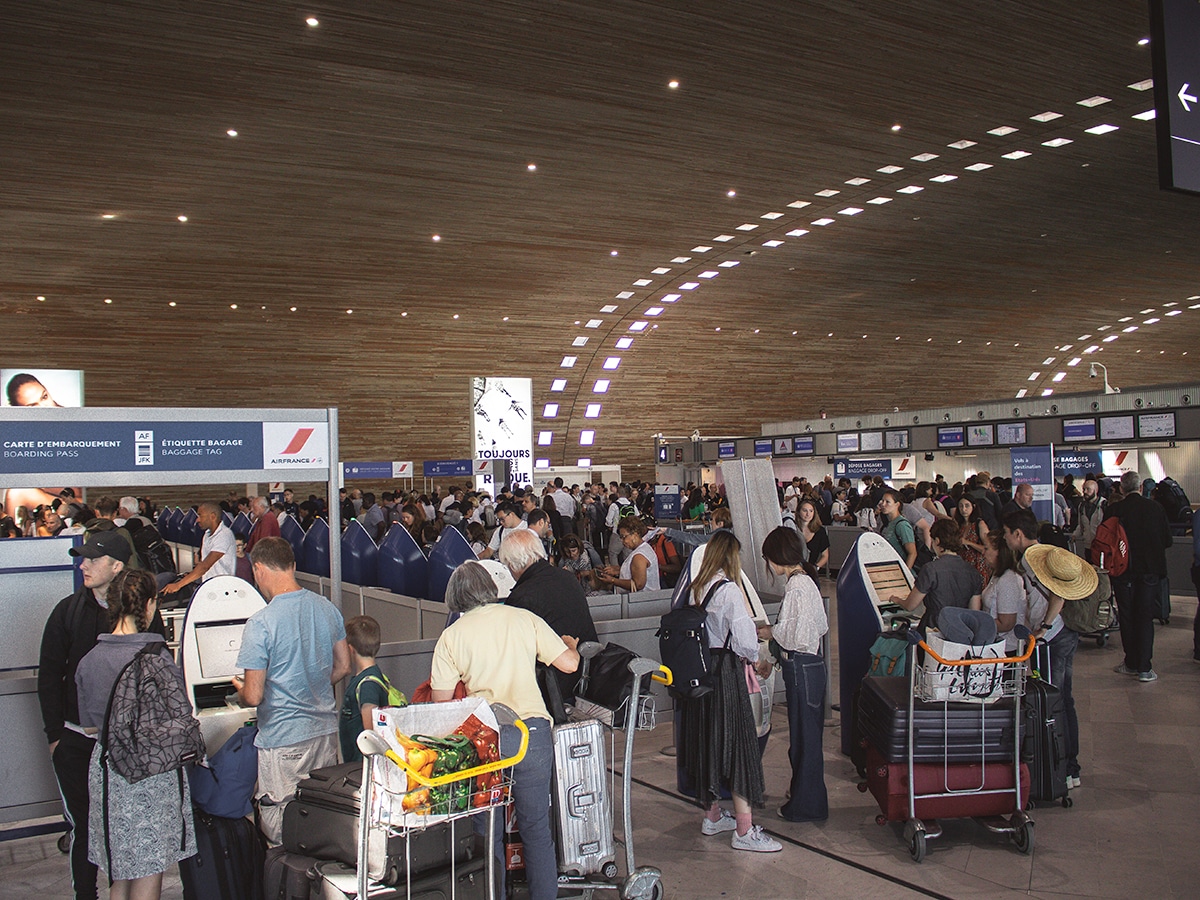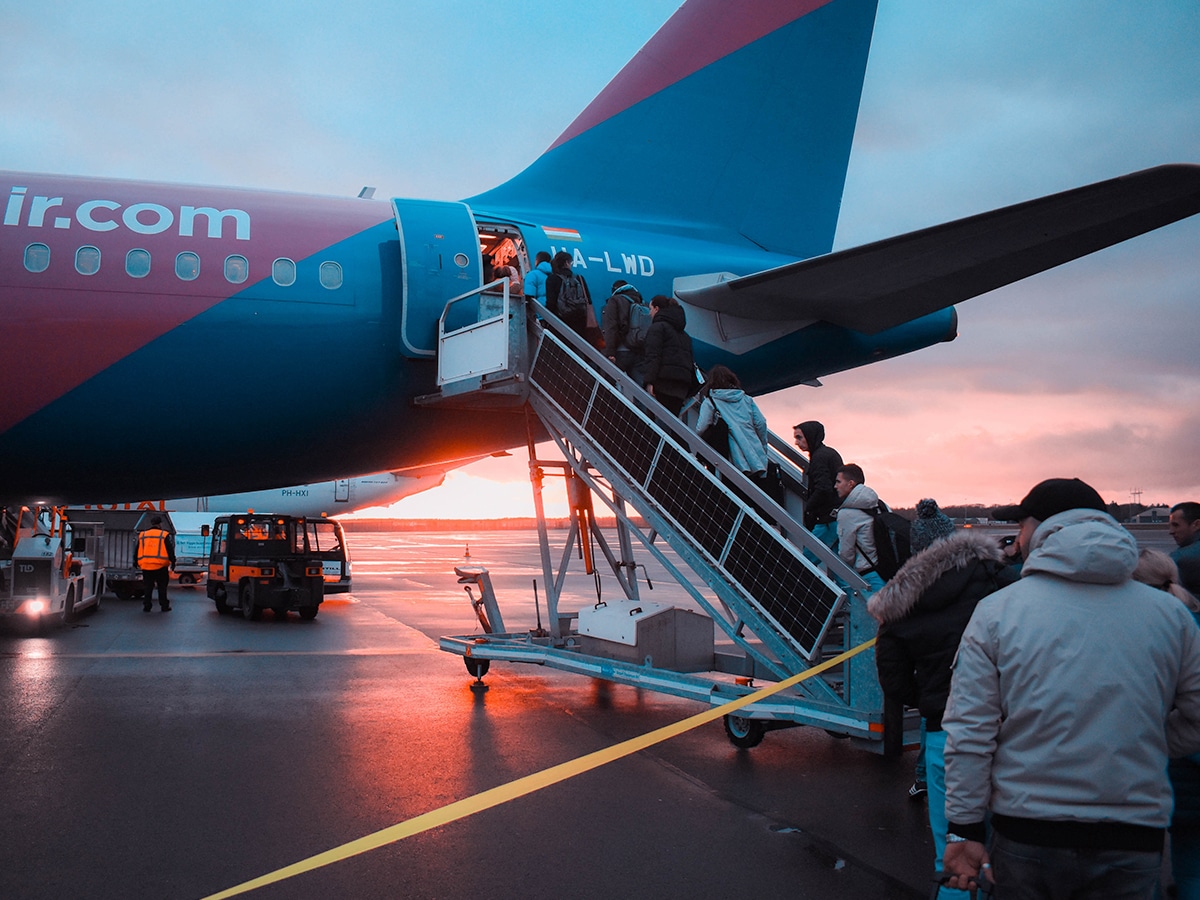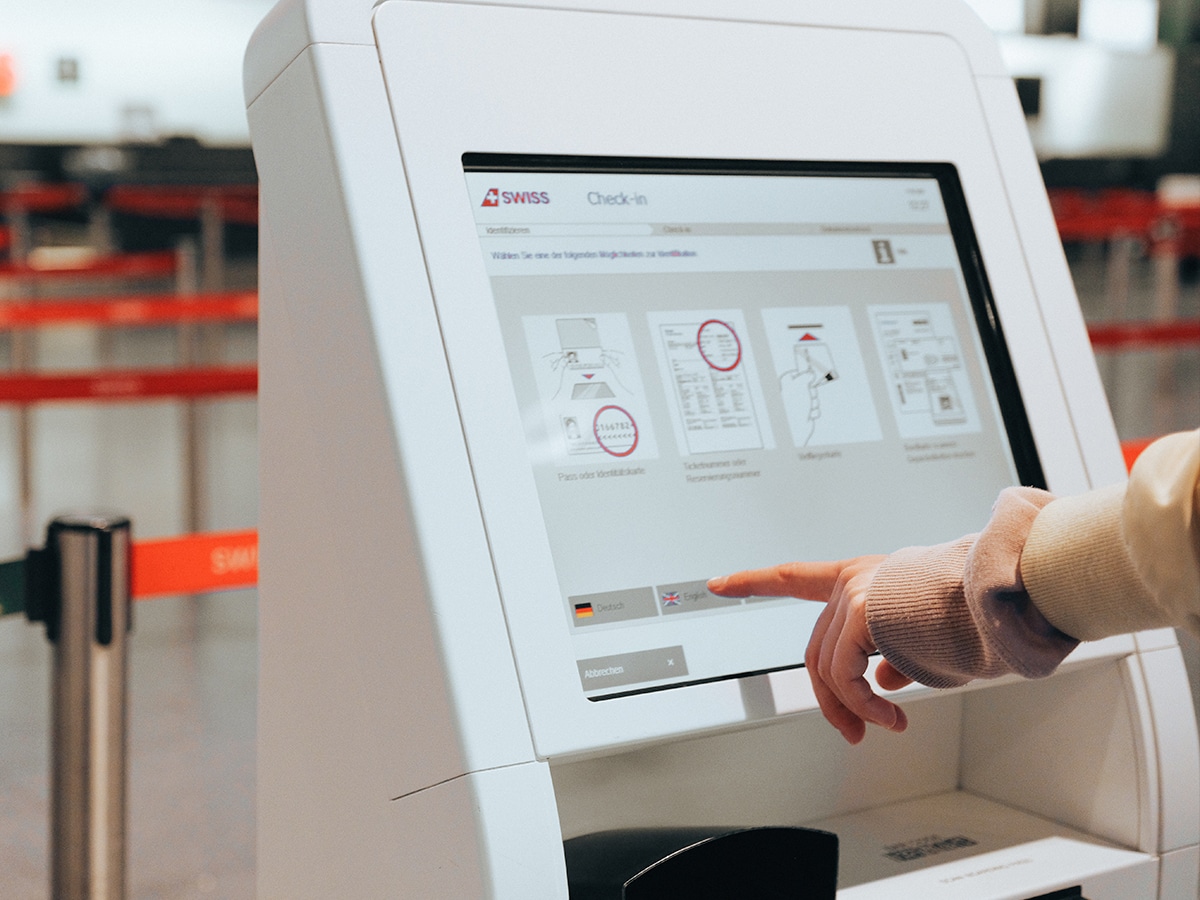
Published:
Readtime: 6 min
Every product is carefully selected by our editors and experts. If you buy from a link, we may earn a commission. Learn more. For more information on how we test products, click here.
Thinking of heading overseas any time soon? You might want to plan ahead. With travel interest at record levels and many of the country’s airlines still grappling with staff shortages, the prospect of jet-setting isn’t as straightforward as it once was. Back in July, Australia recorded its worst flight cancellation and performance rate since records began, and things are only going to get worse as the holiday season ramps up. Thankfully, it’s not all bad news, with a new report revealing just how consumers can get the most out of their airline travel.
RELATED: 20 Best Cities in the World Right Now
Full-service travel brand Expedia has released its 2023 Air Travel Hacks Report, detailing a number of lesser-known tips to save travellers time and money on their next holiday. Created in partnership with travel intelligence company Airlines Reporting Corporation (ARC), the new study looks at emerging trends in the air travel space, leveraging insights from ARC’s global air ticketing database. Importantly, the report answered some pressing questions for travellers, both domestic and international, which may help to ease the congestion come flight time.

State of Air Travel
In Australia, the current air travel situation is looking dire. Figures compiled by the federal government’s Bureau of Infrastructure and Transport Research Economics revealed only 63 per cent of Qantas, Virgin, Jetstar and Rex Airlines flights arrived on time in June, while a meagre 61.9 per cent departed when scheduled. It follows months of consumer unrest, spurred by a fall in trust with the major airlines.
Qantas, in particular, has been hit hard by mass labour shortages, stemming from the COVID-19 pandemic, even going so far as to ask its executive and leadership team to fill in as baggage handlers. The ongoing issues have seen some media outlets label the airline as “Australia’s least reliable carrier”, prompting Qantas Domestic and International CEO, Andrew David to respond with an open letter.
Despite the cancellations and delays, however, Australians are more eager than ever to hit the skies. Travel is expected to increase dramatically over the next few months, surging as more countries, such as Japan, officially open their borders to international travellers. According to Chuck Thackston, managing director of data science and research at ARC, the trend is set to continue well into 2023.
“While it has been a volatile recovery, our data indicates travel is beginning to normalise with travellers taking advantage of flying again,” Thackston said. “Airlines have improved their performance while both capacity and traveller demand continue to increase. We’re also starting to see business travellers return to the skies following the surge of leisure travel in the first half of 2022.”
According to the Expedia and ARC report, domestic Australian capacity (aeroplane seats and flights available for a given route) is sitting at 116 per cent, compared to 2019 figures, while international capacity is sitting at 77 per cent. As airlines work to fully restore operations to pre-pandemic, average ticket prices for domestic flights have remained stable, however, prices for international flights are higher compared to 2019.

Travel Hacks for 2023
For those looking to head interstate or overseas, the current state of air travel doesn’t exactly paint a confidence-inspiring picture. According to Expedia and ARC, however, there are some simple steps that travellers can employ to beat the craziness. Here’s what you need to know before you travel.
1. Book on a Sunday
The first travel hack revealed in the report relates to the day on which you book your flight. According to the data, travellers who booked on Sundays instead of Fridays tended to save, on average, around 20 per cent on domestic flights and international flights. As a result, the best day of the week to book has been Sunday, while the day to avoid remains Friday, following a familiar pattern from the last four years.
2. Book at Least Three Months Before Domestic Flights
For those looking to travel domestically, the best time to book is around three months out. The data revealed that the sweet spot for snagging the best price on domestic flights falls between 70 – 100 days. Travellers that booked during that period saved 30 per cent on average compared to those who waited until the last minute (0 – 30 days out).
3. Book Six Months Before International Flights
Similarly, it pays to book ahead if you’re travelling internationally, as well. According to the report, travellers that booked around six months in advance of international travel saved an average of 25 per cent compared to those who waited until three months out or less to book. As per the findings: “The key to booking international airfares is to book as soon as possible, with prices traditionally cheapest 160 days and earlier.”
4. Depart at Midday
Looking at the actual flights themselves, there was one unexpected admission around timing. According to the report, the best time to depart is at midday, as it has the least likelihood of resulting in a flight cancellation. Daytime flights (9am – 3pm) were found to have the highest chance of being cancelled, based on year-to-date flight status data. These timings had a 30 per cent higher likelihood, on average, than those that depart at midday.
5. Avoid Peak Travel Periods
A bit of a no-brainer, but avoiding peak travel periods remains the best way to cut costs and keep your travel budgets down. Importantly, the Expedia data also went on to suggest that dipping out of the high-traffic periods can have more benefits than just cost savings, with 2022 trends suggesting that cancellations are most likely to happen in January and least likely in February.
“Historically, flight delays were also shorter in February compared to June as the Northern Hemisphere summer rush begins,’ the report states. “From there, delays begin to shorten in August, making spring an appealing time for air travel. Overall, the data shows that airlines have steadily improved their services with total cancellations dropping from more than nine per cent in July to around three per cent in August. The trend is expected to continue in a positive direction for travellers, meaning 2023 should see a significantly reduced risk of flight disruptions.”
6. Depart at the End of the Week
The final travel hack is departing at the end of the week, rather than at the beginning. The findings suggested that travellers who started a trip on a Saturday, versus on a Monday, saved up to 20 per cent on domestic flights. For international flights, travellers who departed on a Friday instead of a Sunday saved 10 per cent on average.

General FAQs
New data from Expedia and the Airlines Reporting Corporation has revealed that travellers who booked on Sundays instead of Fridays tended to save, on average, around 20% on domestic flights and international flights.
According to data from Expedia and the Airlines Reporting Corporation has revealed that flights that depart between 3pm – 9pm have the highest chance of being cancelled – a 30% higher chance, on average, than those that depart at midday.































Comments
We love hearing from you. or to leave a comment.